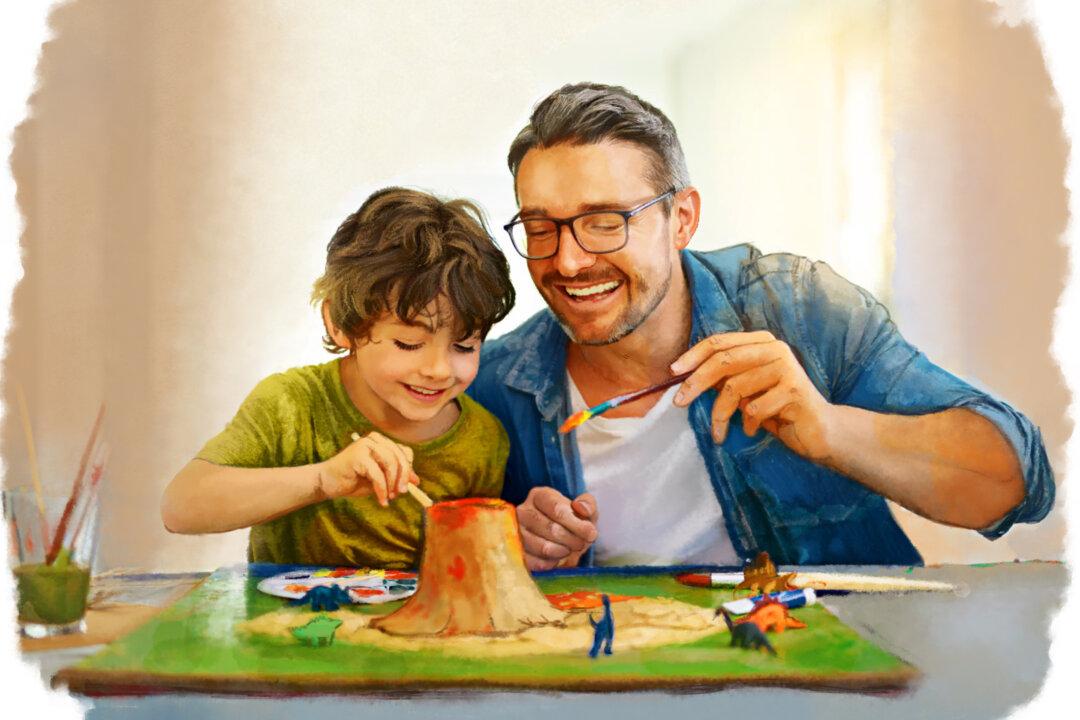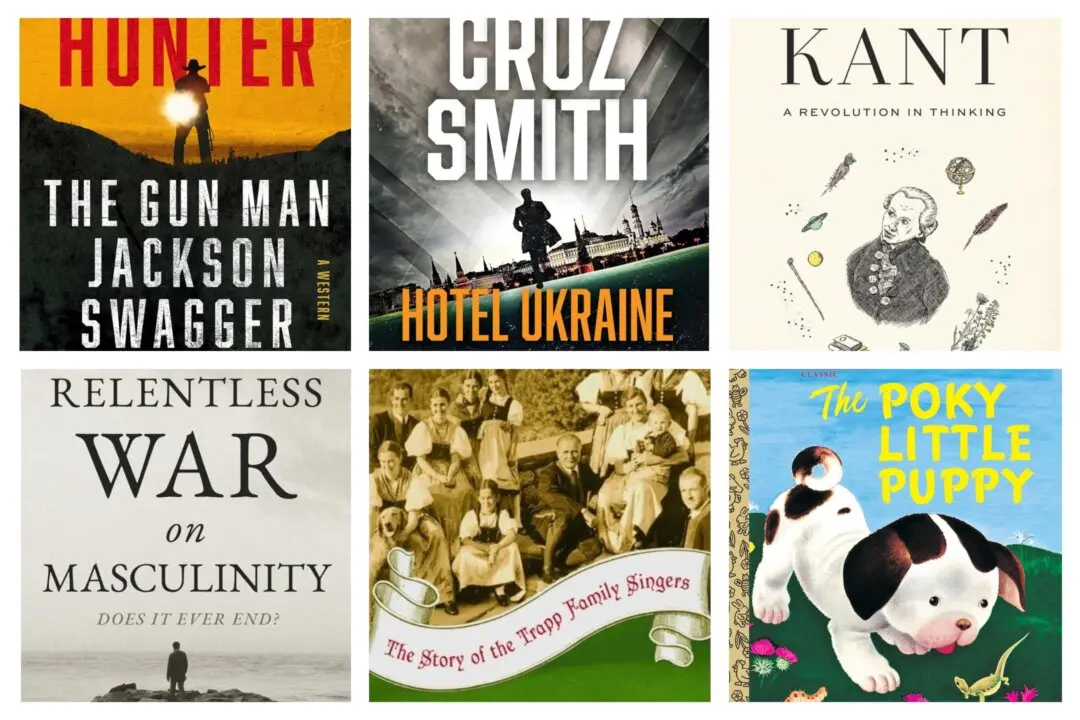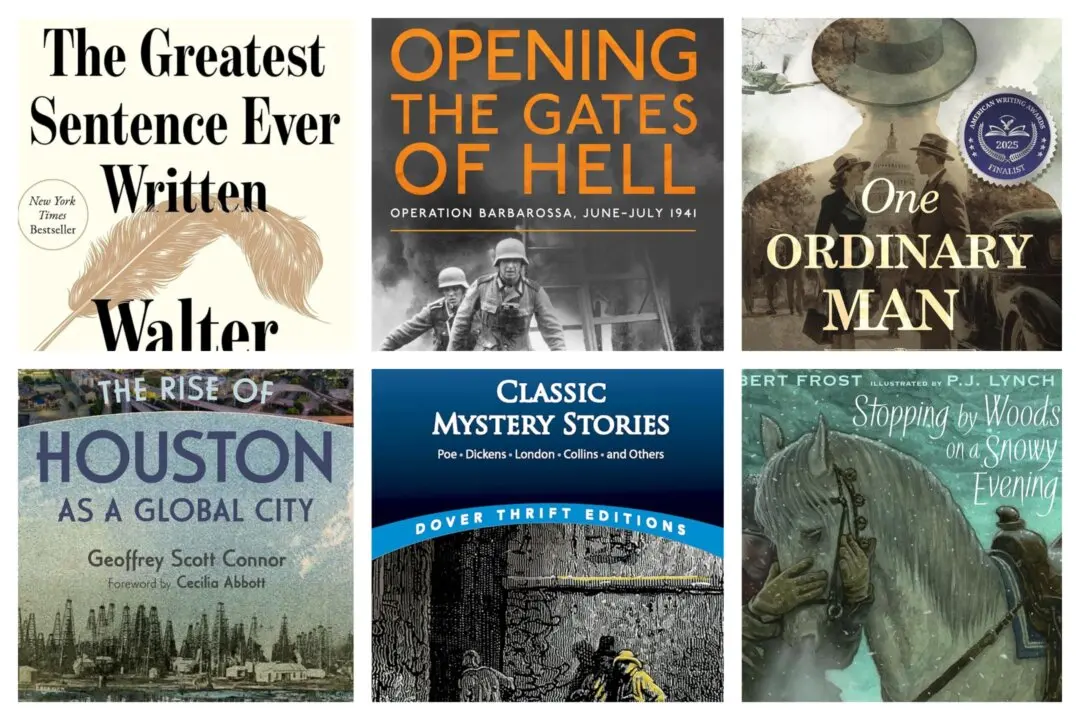Nicholeen Peck is a veteran homeschooler and parenting expert who teaches parents to raise children who can self-govern—from following instructions to accepting consequences to disagreeing appropriately.
As countless parents spend their summer months contemplating homeschooling or planning their upcoming homeschool year, I asked Peck about her experience and advice.






